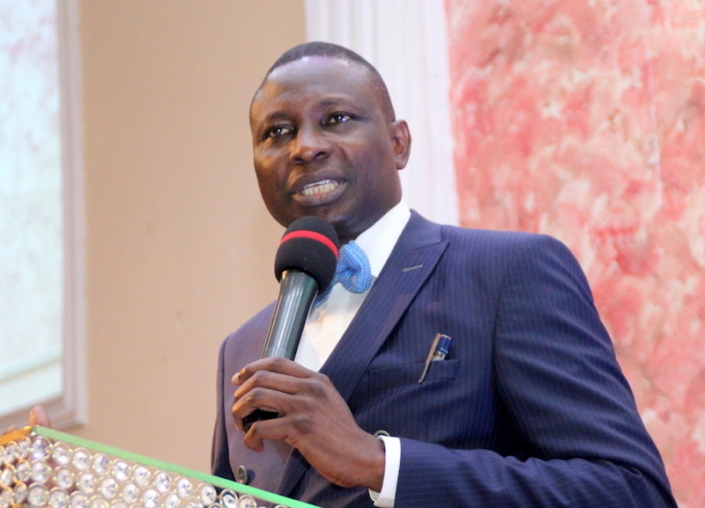EFCC warns lawyers against violating anti-money laundering laws
The Chairman of the Economic and Financial Crimes Commission (EFCC), Ola Olukoyede, has urged lawyers across Nigeria to conduct thorough background checks on their clients to avoid breaching Anti-Money Laundering and Counter-Terrorism Financing regulations. Speaking during a panel discussion on money laundering at the 64th Annual General Conference of the Nigerian Bar Association (NBA), Olukoyede […]

The Chairman of the Economic and Financial Crimes Commission (EFCC), Ola Olukoyede, has urged lawyers across Nigeria to conduct thorough background checks on their clients to avoid breaching Anti-Money Laundering and Counter-Terrorism Financing regulations.
Speaking during a panel discussion on money laundering at the 64th Annual General Conference of the Nigerian Bar Association (NBA), Olukoyede emphasised the importance of due diligence in legal practice.
A statement by the commission’s Head of Media and Publicity, Dele Oyewale, said “The Executive Chairman of the Economic and Financial Crimes Commission called on lawyers to always observe due diligence in their practices.
“This is necessary for them to understand the background of their clients so as not to violate Anti-Money Laundering and Counter-Terrorism Financing regulations.
- Deepening Nigeria-BBC relations crucial for informed society – Minister
- NIGERIA DAILY: How Setting The Bar For Waec At 18 Will Impact Lives
Olukoyede stressed that lawyers must uphold their position of trust and ensure they are paid from legitimate sources.
He warned that failure to comply with these standards could lead to prosecution, as lawyers are not exempt from the consequences of facilitating criminal activities.
He urged legal professionals to protect the integrity of their profession by adhering to both international laws and the regulations set forth by the EFCC Act and other financial laws in Nigeria.
Meanwhile, the Attorney General of the Federation, Lateef Fagbemi, SAN, announced that the federal government has extended the National Anti-Corruption Strategy (NACS). He highlighted that a key component of the updated strategy is the active engagement with subnational governments to ensure their adoption and integration of anti-corruption measures into state laws, policies, and practices.
Fagbemi also emphasised Nigeria’s commitment to its obligations under the United Nations Convention Against Corruption, stating that the federal government is collaborating with international allies to share intelligence and information on corruption cases, as well as to recover assets illicitly stored abroad.
